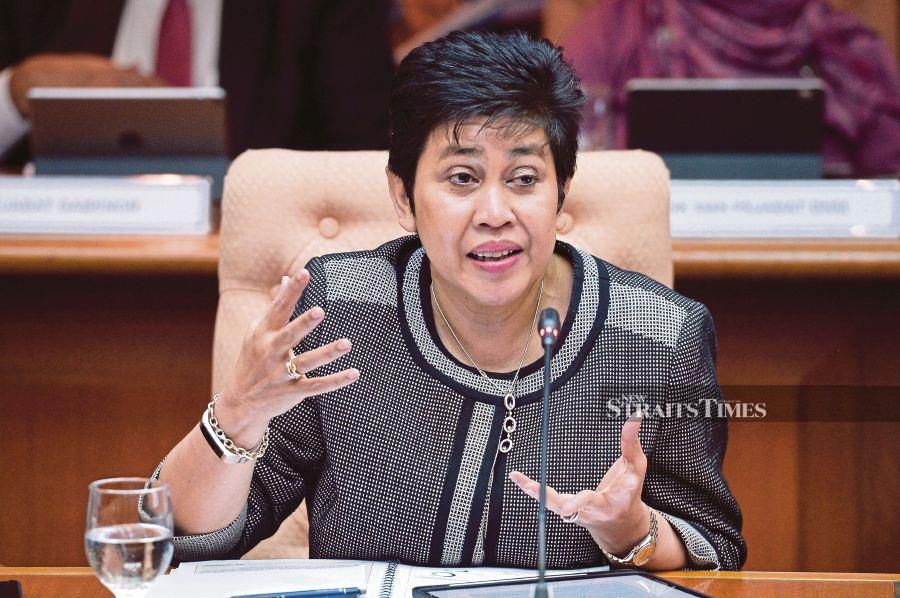
KUALA LUMPUR: The Malaysian economy shows its resiliency after recording a smaller contraction of 2.7 per cent in the third quarter (Q3) of 2020 compared to a sharp decline of 17.1 per cent in Q2.
Bank Negara Malaysia governor Datuk Nor Shamsiah Mohd Yunus said the stronger performance largely reflected the reopening of the economy from Covid-19 containment measures and better external demand conditions.
Nor Shamsiah said improvements in growth were seen across most economic sectors, particularly in the manufacturing sector, which turned positive following strong electrical and electronics (E&E) production activity.
On the expenditure side, domestic demand contracted at a slower pace while net exportsrebounded, she said at the GDP announcement today.On a quarter-on-quarter seasonally-adjusted basis, the economy turned around to register an expansion of 18.2 per cent from a contraction of 16.5 per cent in Q2 2020.
Nor Shamsiah said headline inflation recorded a smaller contraction of 1.4 per cent in Q3, due mainly to the higher domestic retail fuel prices, in line with the recovery in global oil prices, with core inflation moderated slightly to one per cent.
The central bank has retained its GDP projection of a growth of 6.5-7.5 per cent in 2021.She said the recent resurgence of Covid-19 cases and targeted containment measures could affect the momentum of the recovery in the final quarter of the year.
However, she said as most economic sectors had been allowed to continue to operate subject to compliance with standard operating procedures (SOPs), the impact was expected to be less severe compared to the containment measures during previous periods.
"Going into 2021, growth is expected to recover, benefitting from the improvement in global demand and a turnaround in public and private sector expenditure amid various policy support.
"This includes government measures such as Kita Prihatin and and the recently announced Budget 2021, specifically the Bantuan Prihatin Rakyat, targeted wage subsidies and public projects," she said.
Nor Shamsiah said additionally, the continued financial measures and low interest rate environment were also expected to lend further support economic activity.
She said headline inflation was projected to average higher in 2021, primarily reflecting the higher projected global oil prices and the lapse in the impact from the tiered electricity tariff rebate in 2020.
"Underlying inflation is expected to be subdued amid spare capacity in the economy. "The outlook for inflation trajectory would mainly depend on global oil and commodity price developments," she added.
